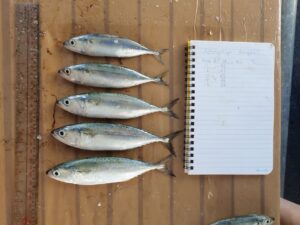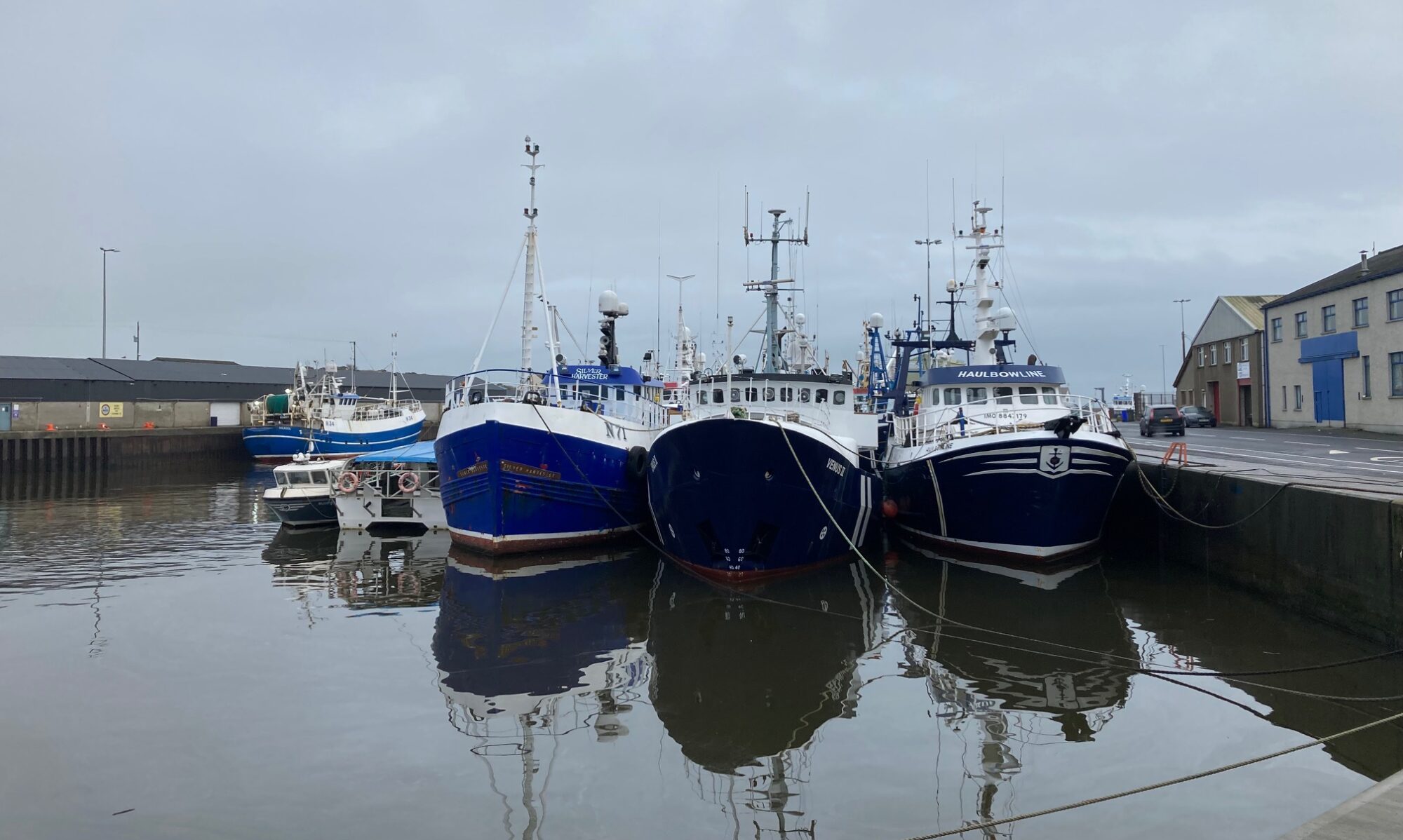Research themes
Our goal is to develop innovative approaches to aquatic ecosystem management. We integrate data science + ecology + socioeconomic research to advance solutions to natural resource management problems spanning from local case studies to seascape spatial scales. Research in our group spans a set of focal themes:
Quantitative ecology
We work across applied statistics, ecological modeling, and genetics to advance the set of tools available to observe and manage ecosystems.

Recent contributions
Novel survival models: Multistage time-to-event models improve survival inference by partitioning mortality processes of tracked organisms
Multispecies stock assessment: Balancing prey availability and predator consumption: a multispecies stock assessment for Lake Ontario
Marine spatial management: Optimal dynamic spatial closures can improve fishery yield and reduce fishing-induced habitat damage
DNA mixtures: Estimating the number of contributors to DNA mixtures provides a novel tool for ecology
Computational sustainability: Reducing adverse impacts of Amazon hydropower expansion
Computational sustainability: A machine learning approach to identify barriers in stream networks demonstrates high prevalence of unmapped riverine dams
Ecology and demography to support ecosystem management
Information on food webs, the interaction between individuals and their environment, and population demography are core ingredients for ecosystem management.

Recent contributions
Invasive species ecology: impacts of the Artic’s first aquatic invasive plant on native fish
Managing ecosystem transformation: Managing for RADical ecosystem change: applying the Resist-Accept-Direct (RAD) framework
Fisheries management: A seascape-scale habitat model to support management of fishing impacts on benthic ecosystems
Aquatic community ecology: Biodiversity underpins fisheries resilience to exploitation in the Amazon river basin
Fisheries ecology: Juvenile salmon habitat use drives variation in growth and highlights vulnerability to river fragmentation
Marine mammal ecology: Estimating Pacific walrus abundance and survival with multievent mark-recapture models
Social-ecological systems management
Ecosystems encompass social and ecological processes, and thus effective management of nature’s contributions to people need address both systems. We work across socioeconomic and ecological dimensions to advance ecosystem sustainability.

Recent contributions
Socioecological river ecosystem management: Integrating social and ecological considerations into stream connectivity restoration.
Conservation finance: Financing nature—closing the global biodiversity financing gap
Ocean livelihoods: Marine ecotourism for small pelagics as a source of alternative income generating activities to fisheries in a tropical community
One health: Substitution of inland fisheries with aquaculture and chicken undermines human nutrition in the Peruvian Amazon
Socioecological fisheries management: Ecological and social strategies for managing fisheries using the Resist-Accept-Direct (RAD) framework
Fisheries economics: Alaskan fishing community revenues and the stabilizing role of fishing portfolios
